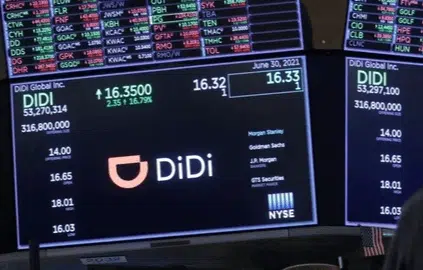
China is a ‘planned economy’. I think we all know this. Having established a viable economic base under Chairman Mao Zedong and Premier Zhou Enlai in the late 40s, China published their first Five Year Plan in 1953, adopting the Soviet model of State ownership and centralised economic planning which set the agenda for the next 5 years (1953-1957) and built the industrial foundations that have propelled China to become the modern economy it is today.
At the end of last year, China released its 14th Five Year Plan (2021–2025) with the ambition for China to become a “moderately developed” economy by 2035 and a focus on domestic consumption, innovation, carbon neutrality and the ‘peaceful development of relations with Taiwan’. Most experienced China-watchers, commentators and observers agree that it is very rare, if not totally unheard of, for China to fail to meet any of the goals, targets and milestones set out in each of its past 14 Five Year Plans. This is why Chinese business leaders, entrepreneurs and investors in China do the hard and detailed work of studying the Five Year Plan in advance. It tells them everything they need to know about what the Government plans to do in the coming 5 years, and avoids costly mistakes and avoidable surprises.
I was therefore surprised by the media commentary and reaction to the recent disruption in China’s tech sector, particularly the crackdown on Didi following its successful IPO in the US, which appears to have come as a total shock to market analysts and media commentators. China’s Government and regulators signalled their intention to reform the tech sector over two years ago, with particular emphasis on tackling monopolies and practices that “disrupt market order, damage consumer rights, or threaten data security” and singling out some of the larger tech groups (e.g Alibaba and Tencent) for extra scrutiny and reform. They even warned Didi to delay its market listing (see China Cyber Watchdog Asked Didi to Delay IPO on Data Concern) three months ago, which appears to have been totally ignored by all, resulting in a costly mistake, particularly for new investors in the IPO.
It seems that, in the West, we’ve become so used to undisciplined and populist Governments making grand announcements and plans to make major reforms, which have ended up coming to nothing, that we assume China is the same. It isn’t. Next time you need to make an investment or business decision, which will be impacted either directly or indirectly by what’s happening in China, read the Five Year Plan.
